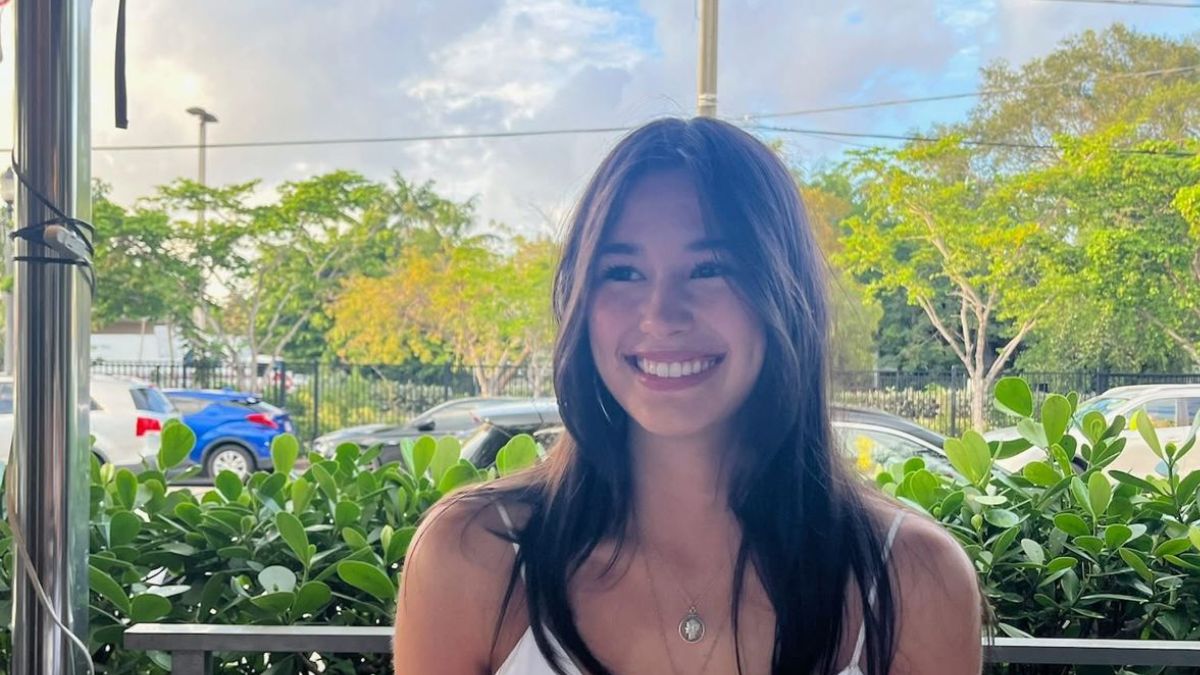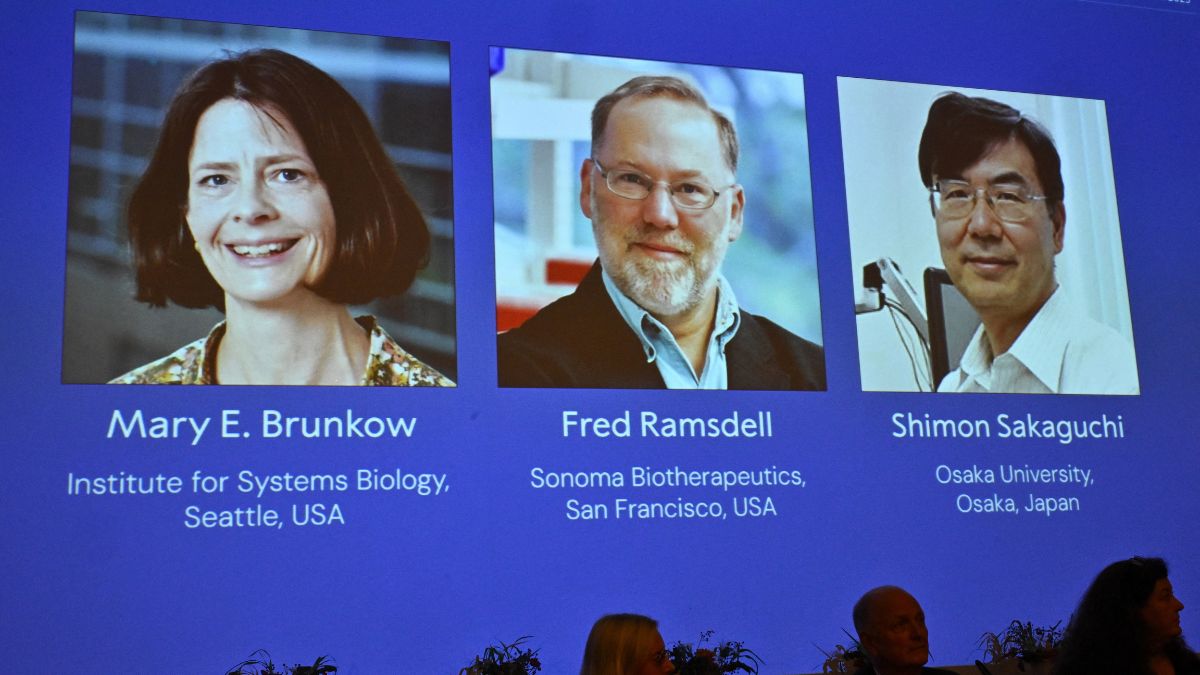Families of victims killed in a Tesla Cybertruck crash allege door malfunction trapped one passenger inside and are suing the company
A California college student was killed in a Tesla Cybertruck crash after being trapped inside the vehicle as it caught fire, according to lawsuits filed by victims’ families. The crash, which occurred early last November in Piedmont, California, claimed the lives of three students.
Krysta Michelle Tsukahara, 19, a sophomore at Savannah College of Art and Design, was among the deceased. The lawsuit filed by her parents, Carl and Noelle Tsukahara, and reported by the San Francisco Chronicle, states that Krysta survived the initial collision but was unable to exit the Cybertruck after it lost power and its electronic door release failed.
The vehicle had struck a retaining wall and a tree. The driver, Soren Dixon, 19, and passenger Jack Nelson, 20, also died in the crash. A fourth passenger, Jordan Miller, escaped after a bystander broke the vehicle’s windshield with a tree branch.
Krysta Tsukahara died from smoke inhalation and burns when rescuers could not free her and the other victims. The lawsuit seeks damages from Dixon’s estate and the vehicle’s owner.
Allegations against Tesla
The suit claims Tesla doors operate on a 12-volt battery that can fail if the vehicle loses power, and that the manual interior door release is difficult to locate. “It’s just a horror story. Tesla knows that it’s happened and that it’s going to happen, and they are doing nothing but selling the car with a system that entraps people and doesn’t provide a way of extraction,” attorney Roger Dreyer told the Chronicle.
The lawsuit cites more than 30 publicised problems with Tesla door systems and accuses the company of “conscious disregard” for safety, claiming it has been aware of the issue for years. Tesla’s handleless door design, which opens at the push of a button, is described in the suit as prone to failure in crashes and “lacked a functional, accessible, and conspicuous manual door release mechanism [or] fail-safe.”
Tesla was added to the Tsukaharas’ lawsuit on Thursday, but did not respond to requests for comment. Separately, Jack Nelson’s parents, Todd and Stannye, filed their own lawsuit against Tesla on Thursday. Both suits are seeking unspecified punitive damages.
Toxicology reports show all four victims had cocaine, alcohol, and other substances in their systems. The California Highway Patrol cited impaired driving and speeding as factors in the crash.
Nevertheless, Dreyer said the Tsukaharas have a “very, very strong case” against Tesla. “They [Tesla] will want to blame Mr. Dixon, anybody but themselves. But this vehicle absolutely should not have entombed these individuals and my clients’ daughter. It’s our way of holding the wrongdoer accountable and correcting bad conduct,” he said.
The Cybertruck, launched in November 2023, has faced multiple recalls and declining sales. In September, the National Highway Traffic Safety Administration opened an investigation after reports from owners that doors failed to open, with some parents forced to break windows to free children.
End of Article

)
)
